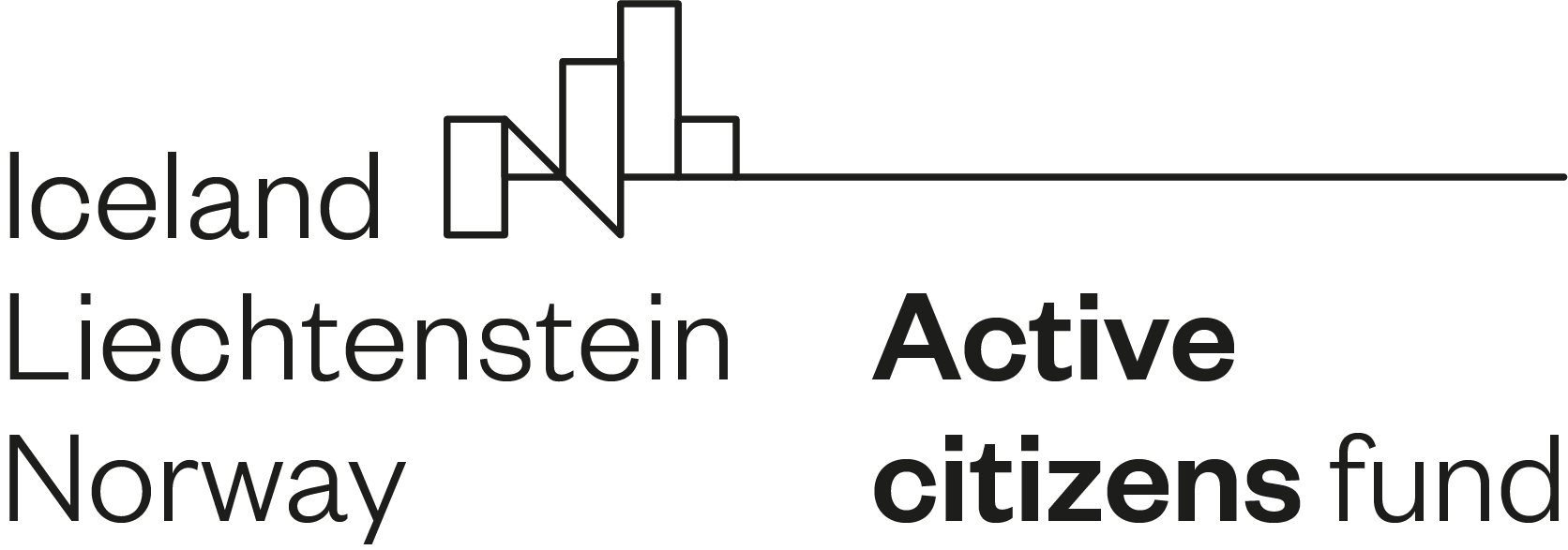Every day, unaccompanied minors arrive in Greece, mainly from Afghanistan and Syria. Irregular entry into Greece, especially through the islands of the Eastern Aegean, has recently witnessed a dramatic upsurge, making 2014 a record year. NGO METAction, Action for Migration and Development from Greece and Vergeforeningen Følgesvennen from Norway have now teamed up to cover a gap in the provision of services to unaccompanied minors. Through this project, they want to prepare the ground for establishing an effective system for the guardianship of these minors.
“The existing framework for the protection of minors in Greece, both in terms of legislative provisions and in practice, is inadequate to address the special needs of unaccompanied minors who arrive in Greece. With the aim of resolving the problem of prolonged stay for unaccompanied minors in detention centers or in conditions of homelessness due to the lack of persons both capable and available to undertake the responsibility of escorting, METAction has created a “flexible group of escorts” which, when notified, promptly transfers the minors to appropriate accommodation facilities. Since 2011, METAction has safely transferred 1.713 unaccompanied minors.
Over a period of 3 years in cooperation with the local Police Directorates, the Public Prosecutor’s Offices and the National Centre for Social Solidarity, METAction has carried out 432 missions for the transfer of 1.713 children. “Based on our extensive experience in this field, we have observed that if unaccompanied minors had a guardian appointed to them to give them advice and help them with their integration, they would not give in to temptations to leave Greece irregularly for other EU countries and search for alternative, often very risky, options”, Lora Pappas, Vice President of METAction explains.
The Greek legislation provides for the appointment of temporary guardians (Public Prosecutors). Nevertheless, their protection is not guaranteed due to the prosecutors’ overwhelming workload and the ever increasing number of minors. As the daily acts that require the consent of a guardian are numerous, the absence of a special body of guardians has been characterised by a variety of human rights organisations to have implications on all aspects of the protection and exercise of their lawful rights, especially for their integration into Greek society.
The Greek state does not have the capacity to fill this practical vacuum, pointing to the need for the active involvement of civil society organizations to cover this gap. “There is a great need for exchange of best practices in the field in order for us to be able to take effective steps in the provision of guardianship to unaccompanied minors in Greece”, Andriani Fili, focal point for METAction explains.
Through this project, which is funded by the EEA Grants, METAction aims to prepare the ground for setting up a network/special body of trained professionals to become effective guardians of unaccompanied and separated children in Greece.

The overall objective of this project has been to map the system, procedures and best practices concerning guardianship. This was done through exchange and collaboration between Greece and Norway and input from other countries. A three-day meeting was held in Athens with their Norwegian partner, Vergeforeningen Følgesvennen, an educational visit of two staff from the METAction project team went to Norway and finally, a workshop was organised in Athens, including also representatives of relevant non-governmental organisations from the Netherlands (Nidos) and Belgium (Gardanto).
“A summary guide on the essential elements of guardianship, based on the discussions and outcomes of the meetings will be issued until the end of the year and will be very useful for both partners”, Lydia Bisara, member of the team for unaccompanied minors at METAction, says.
Increased cooperation and joint initiatives have brought the two organisations together. This has created space for improved knowledge and mutual understanding between the two countries. “We have had the chance to increase our knowledge of the situation of unaccompanied minors in Greece, especially in view of the recurring issue of responsibility sharing between northern and southern countries, which are entry points to Europe. We also got an understanding of how the struggles and insecurities regarding funding make it difficult for Greek NGOs to plan ahead, in particular considering the high number of refugees entering Greece, a number which the system is incapable of accommodating”, Hilde Krogh, from Vergeforeningen says. In this context, the funding from EEA Grants has been an immense help in promoting actions for the protection of unaccompanied minors.
At the same time, the experience of the operation of an active system of guardianship and the participation of staff of METAction in awareness-raising activities in Norway regarding the particularities of guardianship of unaccompanied minors has benefited the capacity building of Greek staff and regulation of guardianship in Greece. “The extensive experience of civil society organizations from Norway in the field of unaccompanied minors’ guardianship, and the good practices that emerged both during the workshop in Athens and during the visit of METAction in Norway, will prove to be a very useful tool for METAction in its future efforts towards creating a network of guardians for unaccompanied minors in Greece”, Andriani Fili explains.

Illustration photo: children in detention centre outside Athens (Yannis Kontos)
